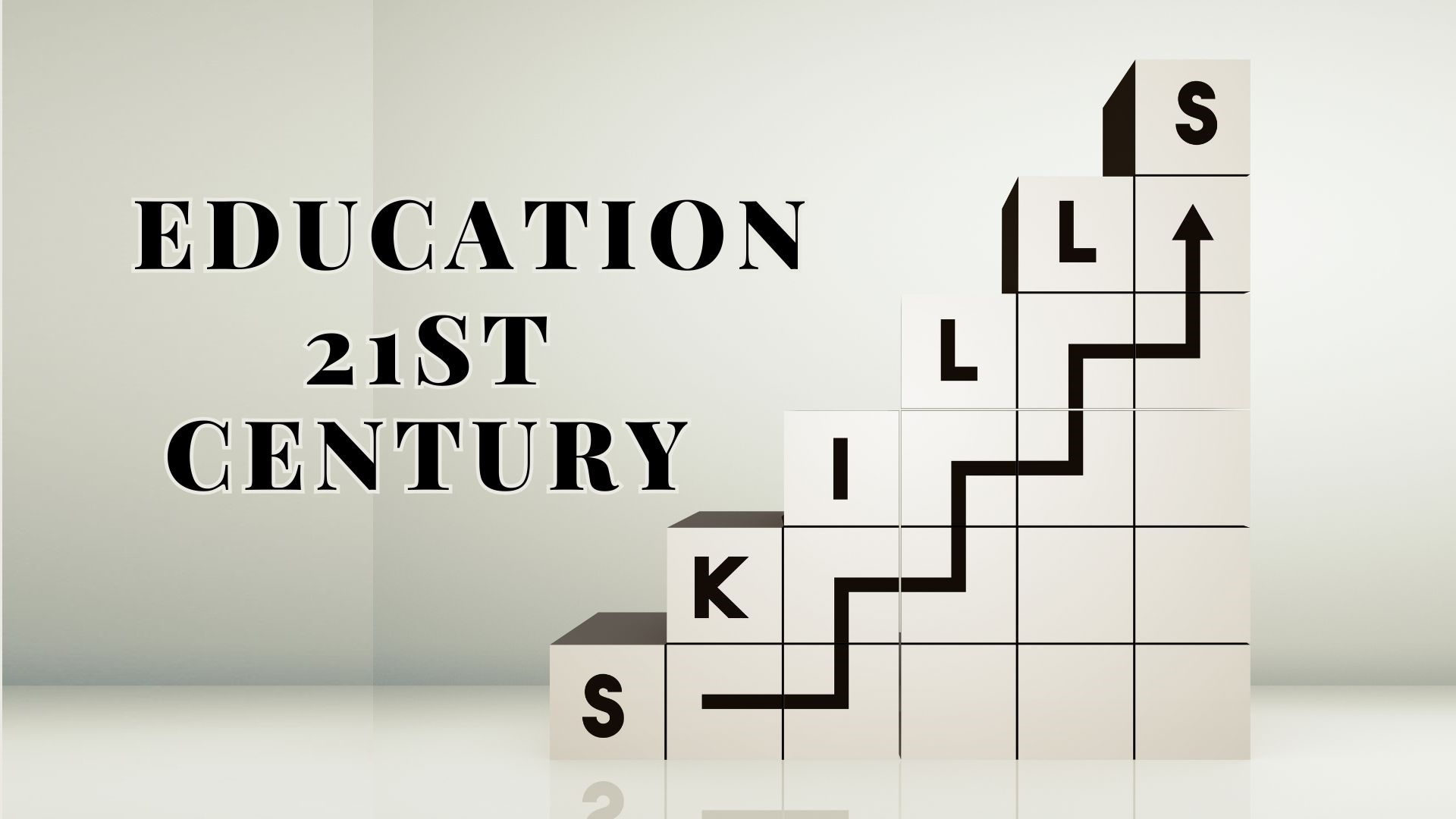
Our children today will be able to meet future challenges only if their schooling and informal learning activities prepare them for adult roles as citizens, employees, managers, parents, volunteers, and entrepreneurs.
In order to achieve their full potential as adults, young people need to develop a range of skills and knowledge that facilitate mastery and application of English, mathematics, and other school subjects.
According to this need, business, political, and educational leaders are increasingly requiring schools to teach students the competencies they
will need to navigate a changing world—skills such as problem-solving, critical thinking, and collaboration. Such skills are often referred to as (21st century skills), (soft skills), or (deeper learning).
These labels are usually used to include both cognitive and non-cognitive skills—such as critical thinking, problem-solving, collaboration, effective communication, motivation, persistence, and learning to learn that can be demonstrated within core academic content areas and that are important to success in education, work, and other areas of adult responsibility.
The terms are also often used to include other important skills – such as creativity, innovation, and ethics, that are important to later success and may also be developed in formal or informal learning environments.
The 4 C’s of 21st Century Skills
- Critical thinking: Finding solutions to problems.
- Creativity: Thinking outside the box.
- Collaboration: Working with others.
- Communication: Talking to others.
Arguably, critical thinking is the most important quality, It’s what helps students figure stuff out for themselves when they don’t have a teacher at their disposal.
The Top Skills Employers Seek in Applicants
The famous American business magazine, Forbes, has a Coaches Council whose members are exceptional coaches that were recognized for their success in business, career, leadership or executive coaching for at least 3 years.
This council explored skills employers are seeking in applicants today, and below are some of their findings:
- Agility, flexibility and adaptability
- Emotional intelligence
- Creative Thinking
- Data analysis
- Public Speaking
- Teamwork
- Work ethic
- Time management
With the rapid changes in technology and the way that students learn, educators need to be able to embrace change and adapt to it.
Technology changes daily, as do new teaching strategies, testing techniques, and the way we are able to learn and communicate with others. An effective teacher living the 21st century must have the ability to adapt to anything and everything, as well as embrace it.
If we as educators take the time to foster these skills in our students, then we have done our job in helping our students have the ability to live and navigate in a world that is forever changing.
